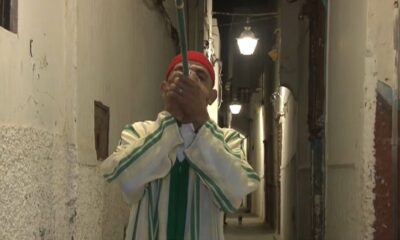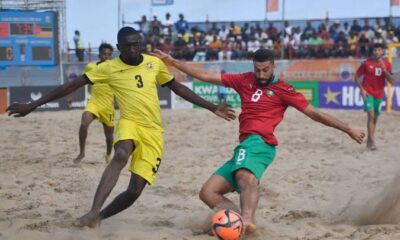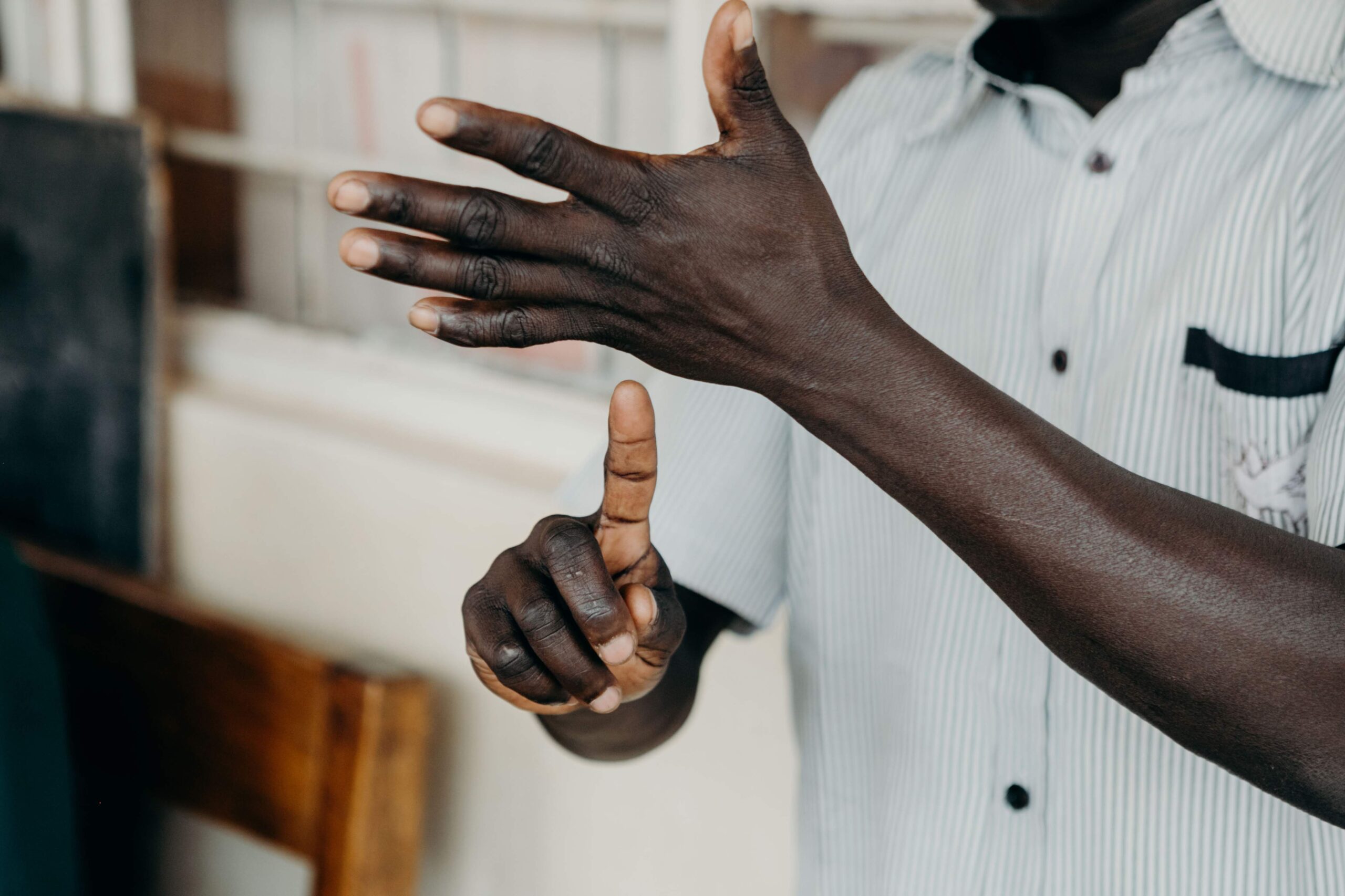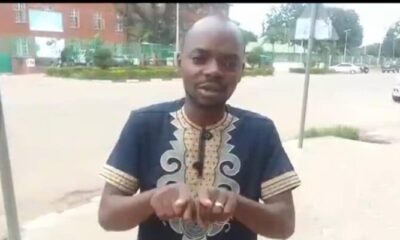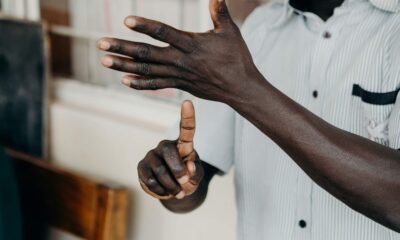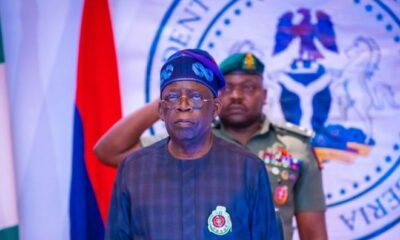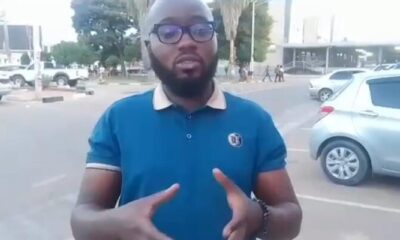A report by the Moroccan Higher Commission for Planning (HCP), has revealed that out of the country’s 7,493,000 child population aged between seven and 17, around 148,000 were engaged in some form of child labour and of economic activity.
The report which was released on Monday notes that the share of Moroccan children victims of child labor is higher within the rural areas where the demographics show that as much as 119,000 children in were working in the informal economy, making up 3.8% of the country’s rural population.
Going by the HCP’s data, the rate is relatively low in urban areas, where 29,000 children take part in economic activities, making up 0.7% of the rural population.
The report which was issued on the occasion of the World Day against Child Labor, explains that 80.4% of children victims of child labor are rural males, and 87.5% of them are aged 15 to 17.
In terms of education, the HCP data indicate that 12.1% of children engaged in economic activities in Morocco are attending school while 85.7% have dropped out of school and 2.2% have never been enrolled in schools.
“Meanwhile, close to 65% of the children engaged in economic activities benefit from medical coverage, with the percentage getting slightly higher among the 7-17 age group reaching 75%,” it added.
Further breaking down child labor by sector, the report details that “82.2% of working children are active in agriculture, forestry, and fishing.
Morocco’s industrial sector employs 24.7% of working children in the country, and three-quarters of working children in rural areas support their families financially, according to the report.
It added that six out of 10 working children, making up 59.4% or 88,000 children, perform hazardous work which represents 1.2% of children in this age group, adding that among the children engaged in hazardous forms of work, 73.7% are rural, 88.6% male, and 81.9% aged between 15 and 17 years.

 Behind the News1 day ago
Behind the News1 day ago
 Metro2 days ago
Metro2 days ago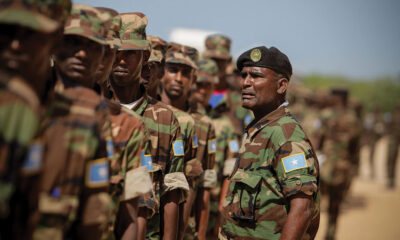
 Politics1 day ago
Politics1 day ago
 Tech1 day ago
Tech1 day ago





